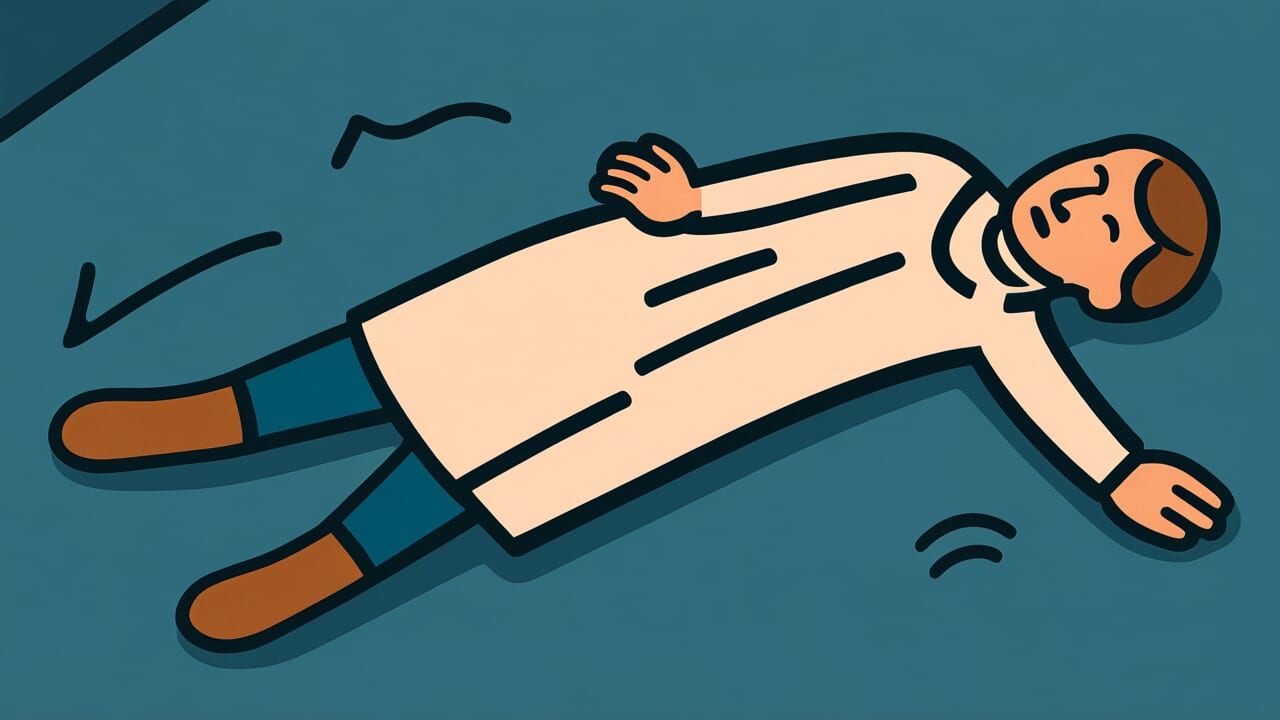How to Read “A fool won’t be cured until they die”
baka wa shinanakya naoranai
Meaning of “A fool won’t be cured until they die”
This proverb expresses how difficult it is to change a person’s fundamental nature. It means that foolish people remain foolish until they die.
The saying is used for people who repeat the same mistakes despite warnings. It applies to those who refuse advice and stick to their own ideas. It also describes people who won’t learn from experience.
People use this phrase when they feel exasperated watching someone fail repeatedly. It’s also used when they judge that improvement is hopeless.
However, this is quite a harsh expression. People rarely say it directly to the person in question. Instead, it’s more commonly used in conversations with third parties.
In modern times, this proverb shows how hard it is to change personality and behavior patterns. It contrasts with the positive belief that people can grow through education and experience.
This saying takes a cold, hard look at human stubborness and the limits of our ability to learn.
Origin and Etymology
The exact first appearance of this proverb in literature is unclear. However, people likely used it widely during the Edo period among common folk.
The phrase combines the word “baka” (fool) with the strong statement “won’t be cured until they die.” This creates a very striking expression.
The word “baka” itself likely comes from the Buddhist term “moka.” This traces back to the Sanskrit word “moha,” meaning ignorance. Originally, it meant “lacking understanding of reason.”
The word “cured” refers to recovering from illness. This shows the proverb treats foolishness as a kind of disease.
What’s interesting is how the expression brings up death, the ultimate state. It contains both irony and despair.
The irony is that any illness stops being a problem once you die. The despair is that improvement is impossible as long as you’re alive.
People in the Edo period used such intense words to express how stubborn human nature can be.
Like many sayings born from common people’s lives, it avoids indirect expression. Instead, it confronts truth directly with powerful language.
Usage Examples
- That person repeats the same thing no matter how many times they fail, so “a fool won’t be cured until they die” perfectly describes them
- It’s useless to say anything to him because a fool won’t be cured until they die
Universal Wisdom
This proverb has been passed down for hundreds of years because it touches on a universal truth. It reveals how fundamentally difficult people are to change.
We’ve all witnessed someone else’s foolishness and wondered why they won’t learn. This is a common human experience across cultures.
Humans have a strong tendency to protect their ways of thinking and behavior patterns. This connects to survival instinct and is, in a sense, natural.
Familiar thought patterns bring comfort. Change creates anxiety. That’s why people keep walking the same path even when they know it’s wrong.
Behind the harshness of this proverb lies deep understanding of human nature. Our ancestors knew how difficult it is to change people.
They may have been teaching the importance of accepting reality rather than wasting time on futile efforts. At the same time, this is a warning to ourselves.
Before laughing at others’ foolishness, we need to recognize that we too are beings who find it hard to change.
Acknowledging the stubbornness of human nature isn’t giving up. It’s practical wisdom. It frees us from wasted effort trying to change the unchangeable.
This allows us to focus our energy on what truly matters.
When AI Hears This
Cognitive science research shows that people with lower ability tend to overestimate their competence. This is called the Dunning-Kruger effect.
For example, one experiment found something striking. People who scored in the bottom 12 percent on a logic test predicted they were in the top 38 percent.
In other words, they lacked the very ability to recognize they were wrong.
This creates a frightening paradox. To fix a problem, you first need to recognize the problem exists. But what if the recognition ability itself is missing?
Then you can never reach the starting line of improvement. Put differently, the ability to notice you need fixing is the very thing that needs fixing.
This resembles a situation where you need a key to open a lock, but the key is inside the locked box.
Even more interesting is how this effect reinforces itself. When people make wrong judgments, they can’t evaluate that their judgment was wrong. So they can’t learn from failure.
They don’t grow despite gaining experience. Instead, only false confidence accumulates.
This proverb understood something profound. Without an intense external shock equivalent to death, people cannot escape this cognitive prison.
It recognized a fundamental limitation in the human learning system.
Lessons for Today
This proverb teaches modern people the importance of knowing the limits of trying to change others. At work and at home, we sometimes desperately try to change someone.
However, this saying teaches us the reality that such efforts may not pay off.
What’s important is not taking this lesson as cold resignation. Instead, use it as a chance to reconsider how you use your energy.
Rather than obsessing over others you cannot change, focus on yourself, whom you can change. Instead of trying to control someone’s behavior, choose how you respond.
This shift in perspective can make your life richer.
At the same time, this proverb is a question for yourself. Have you become “the person who won’t change” in others’ eyes?
Notice your own foolishness and make efforts to correct it. That’s the most valuable lesson you can learn from this proverb.
People don’t change easily, but they can have the will to change. That first step is what helps you grow.



Comments